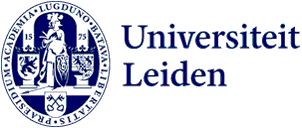56 search results for “aarts” in the Student website
-
The Nuance Project: Respectful dialogue about sensitive topics give students hope
Students from Leiden University have launched The Nuance Project, a platform for respectful, open-minded dialogue on divisive issues. The aim is to foster connection and understanding among people even if their viewpoints differ.
-
Live blog: Alternative demonstrations in Leiden and The Hague against government cuts
Alternative demonstrations were held in Leiden and The Hague on Thursday 14 November after the national protest in Utrecht was cancelled. Leiden University supports these protests, which were organised by WOinActie. Read our live blog of the demonstrations.
-
‘We moeten diversiteit minder vieren, het moet vanzelfsprekend zijn’
Op welke manieren kan inclusieve communicatie ervoor zorgen dat mensen zich welkom voelen? Hierover ging het D&I-symposium van Universiteit Leiden.
-
What should the university do? Questions and emotions at university conversation on Israel-Palestine
Should we cut our ties with Israel or maintain them? The event ‘A university conversation on Israel/Palestine’ on 1 July revealed the depth of feeling about the conflict, with students and staff grappling with academic values and moral dilemmas.
-
A university conversation on Israel/Palestine
Debate
-
International Criminal Justice: Utopia or Reality?
Lecture, 5th Owada Chair Symposium
